Dhaka, Jan 11 (V7N)— Mobile phone call rates have risen for the second time in six months, with the new rates taking effect from 8:30 PM on Thursday, January 9. As per the revised rates, if a customer recharges 100 Taka, the government will receive 56 Taka and 30 Paisa in taxes, surcharges, and revenue sharing.
The increased cost is due to the imposition of an additional 3% supplementary tax by the National Board of Revenue (NBR). Here’s how the 100 Taka recharge is allocated:
Total Tax, VAT, and Surcharge: 29.80 Taka
Revenue Sharing and Minimum Tax: 6.10 Taka
Indirect Tax: 20.40 Taka
This comes on top of a tax hike introduced in the 2024-25 budget, where the supplementary duty was increased from 15% to 20%. At that time, a 100 Taka recharge resulted in 54 Taka going to the government.
Mobile operators have expressed concern over the rising taxes, claiming that such high levies are unparalleled globally.
Robi's Chief Corporate and Regulatory Officer, Mohammad Shahedul Alam, stated:
"We hope the government will consider this issue in the next budget. Otherwise, the vision for digital transformation will remain unattainable."
The telecom sector is already witnessing a decline in mobile phone subscribers and internet users. Industry analysts fear the tax hike will further impact businesses and consumers, exacerbating inflation.
Telecom analyst TIM Nurul Kabir said:
"We are already navigating a fragile economy. This additional tax burden will hinder business growth and investment.
The Bangladesh Mobile Phone Subscribers Association has condemned the decision and announced a protest program.
President Mohiuddin Ahmed said:
"This tax must be reduced by Sunday. At the same time, connectivity for those still unserved must be ensured."
The association is urging the government to withdraw the supplementary duty, citing the strain it places on consumers amidst rising inflation and economic challenges.
Experts warn that the decision could disrupt the overall economy, limiting digital adoption and creating barriers to communication, especially for lower-income groups.
As discussions continue, the telecom industry and consumers await a response from the government to address their grievances.
END/MSS/AJ



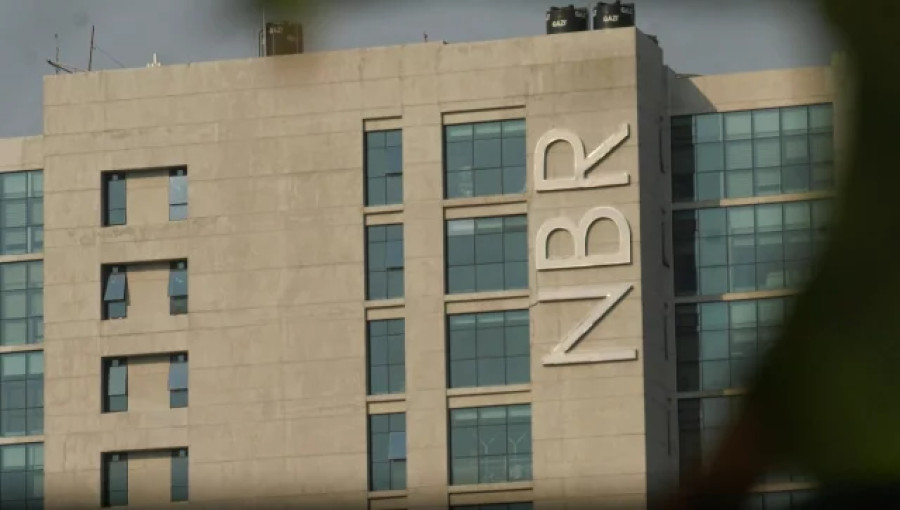
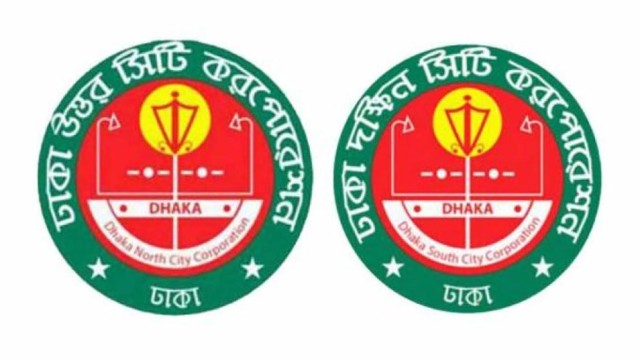
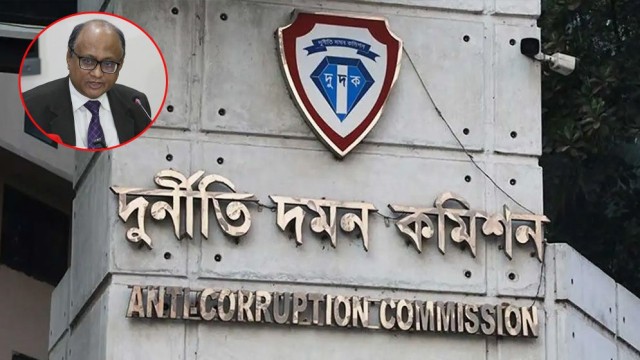
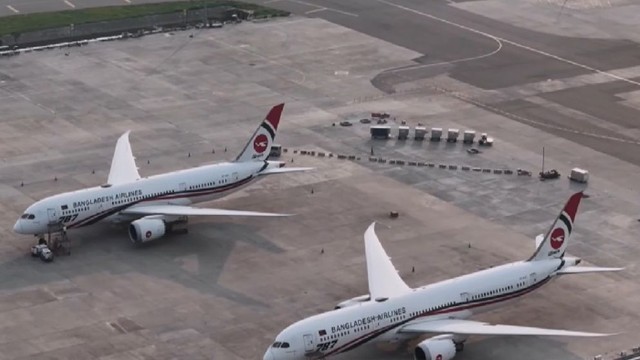
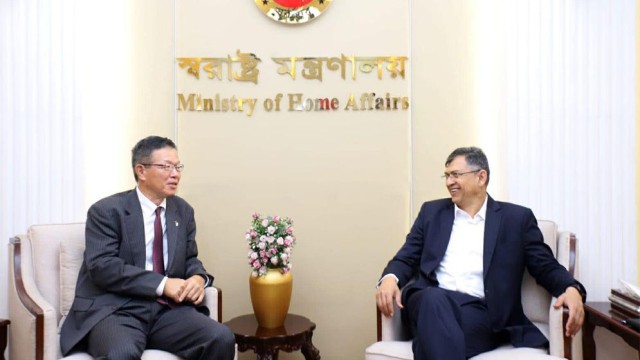
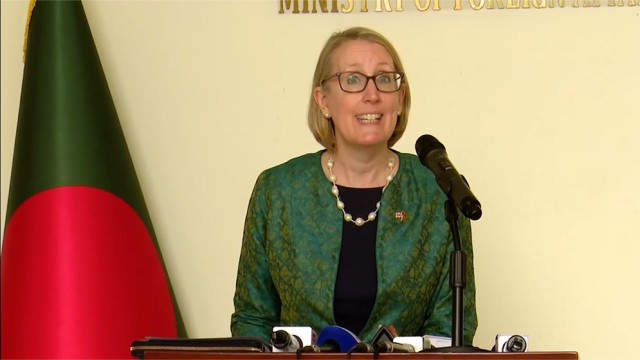
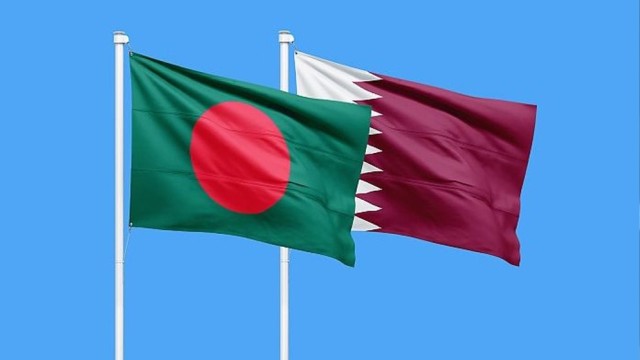
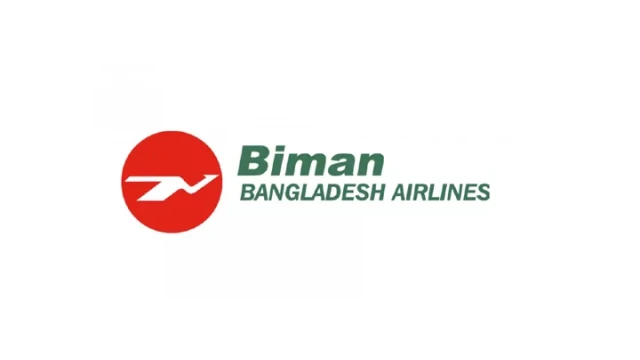
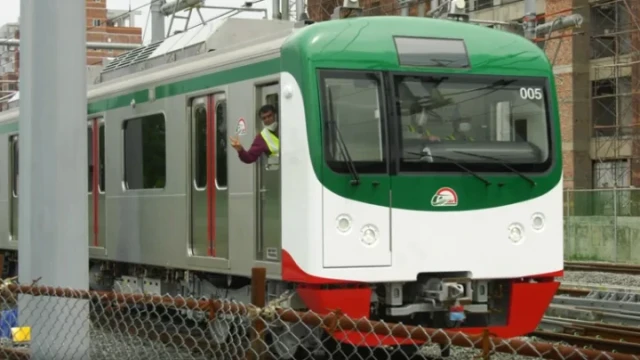

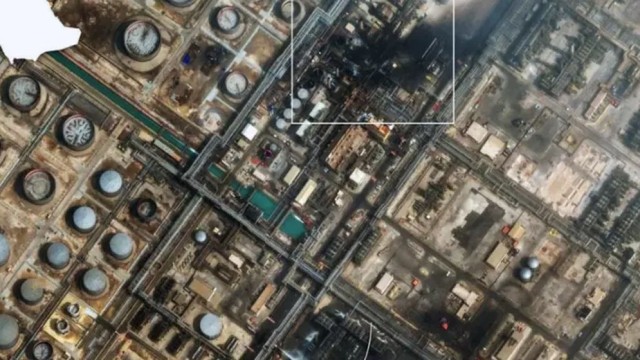

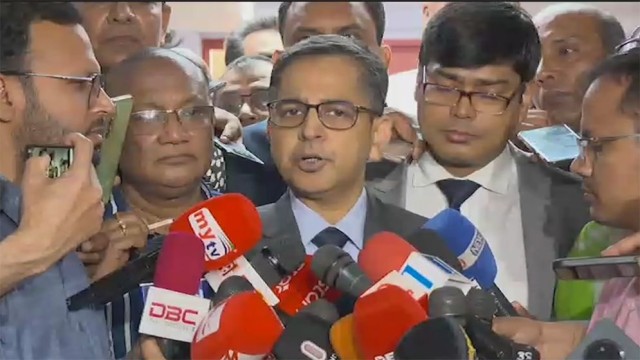












Comment: